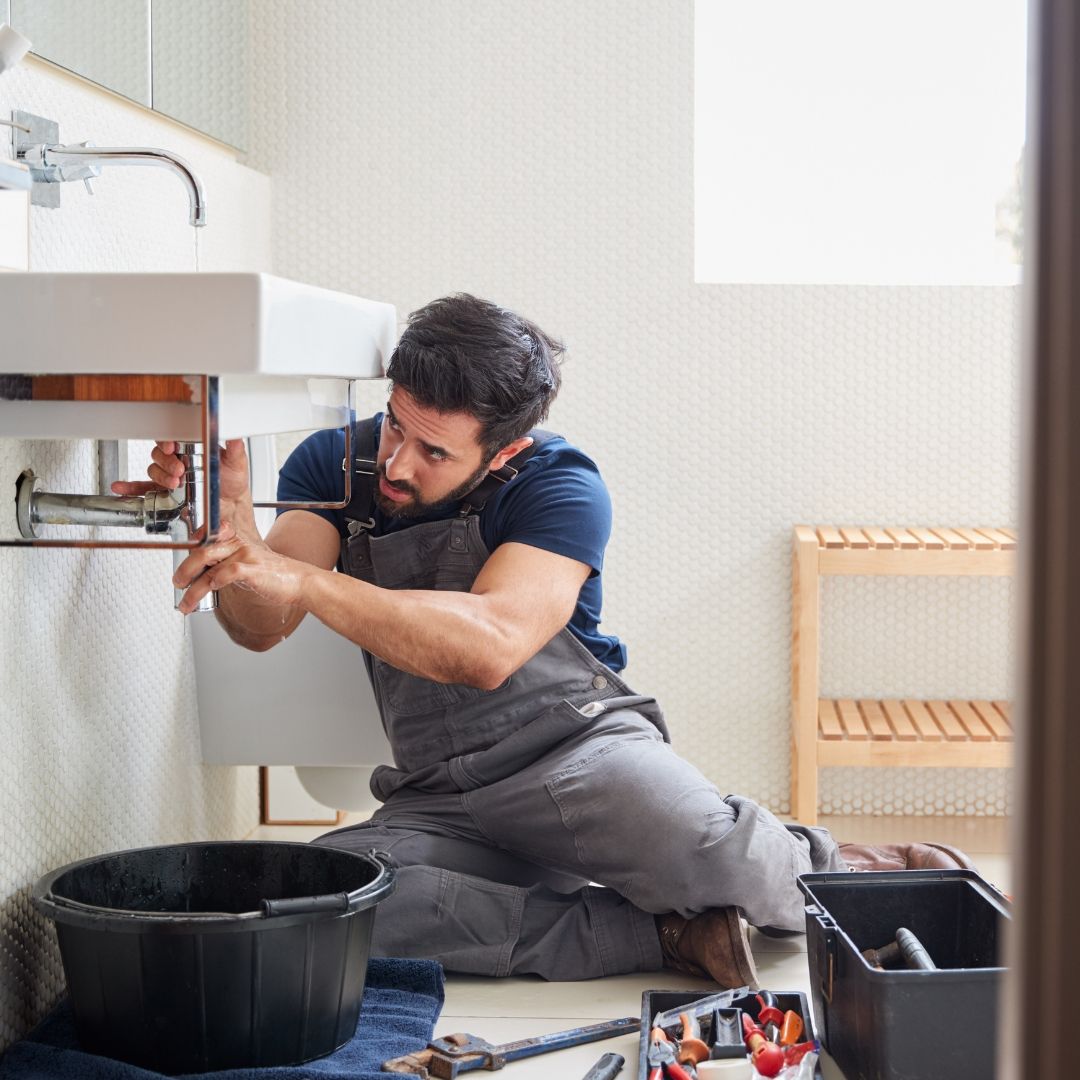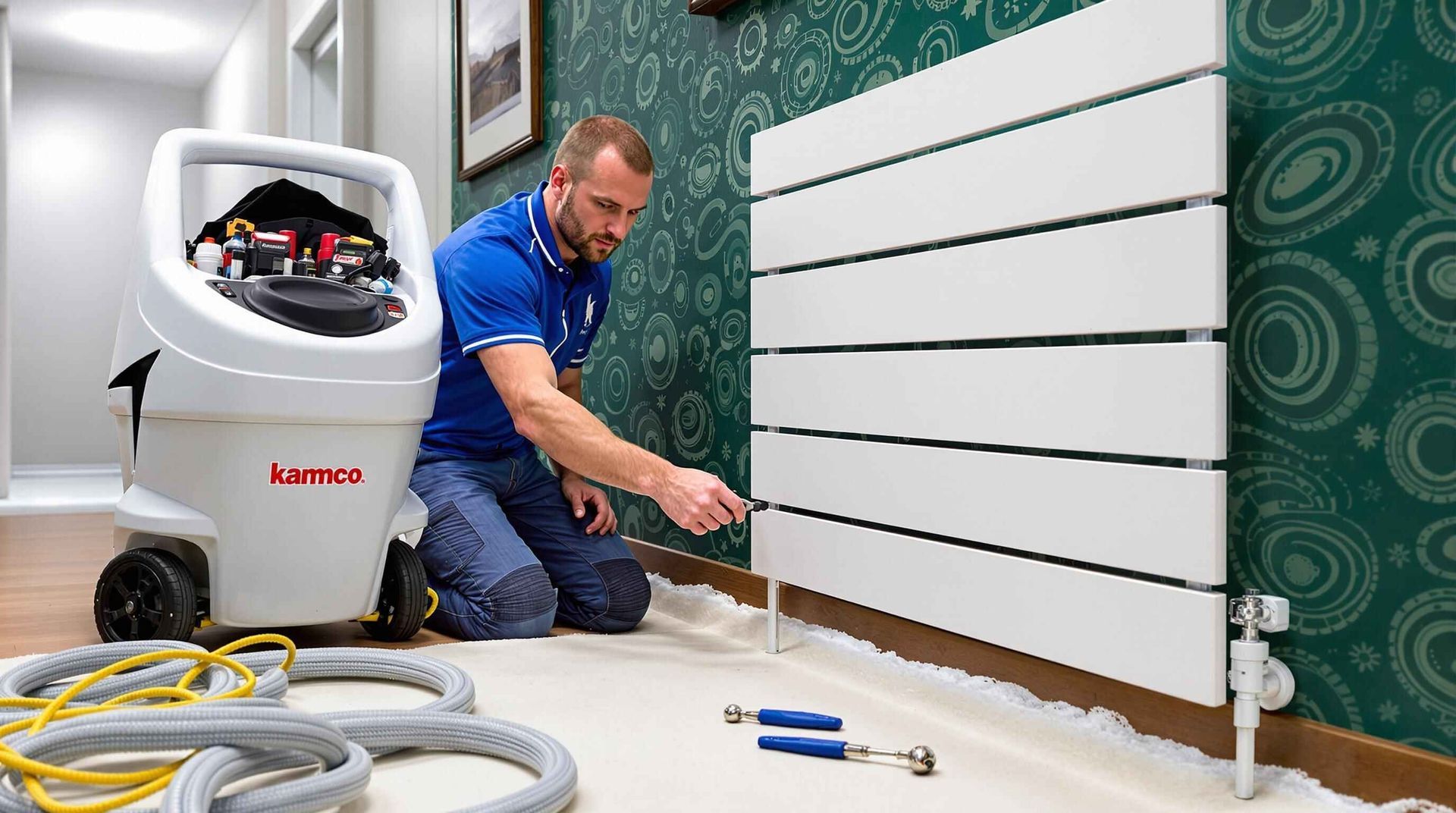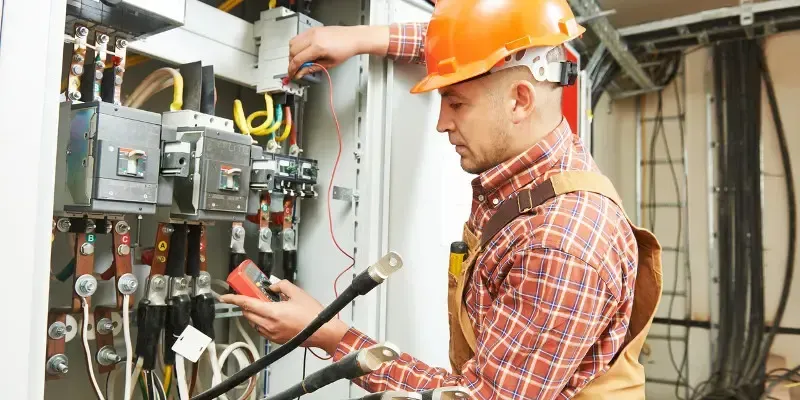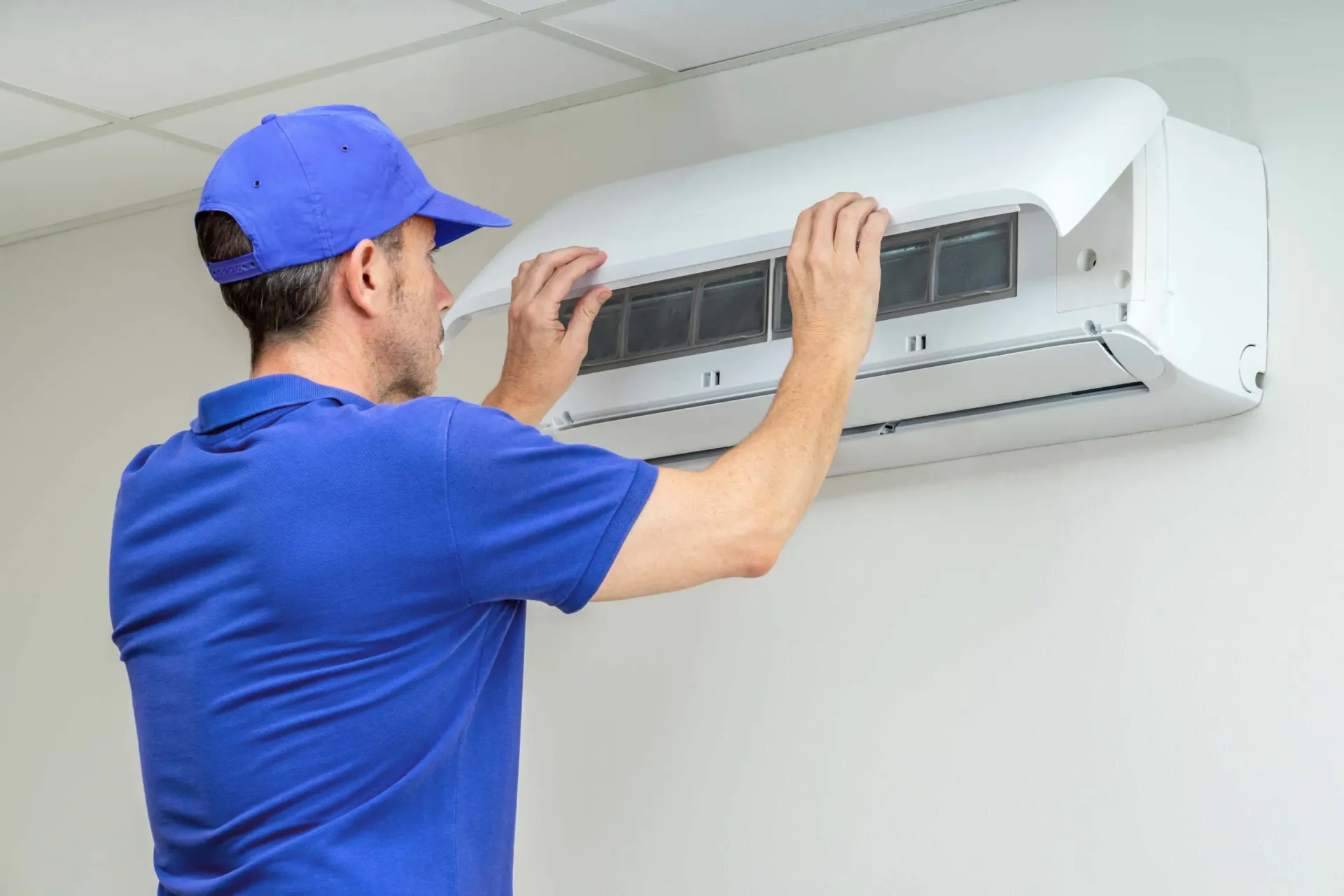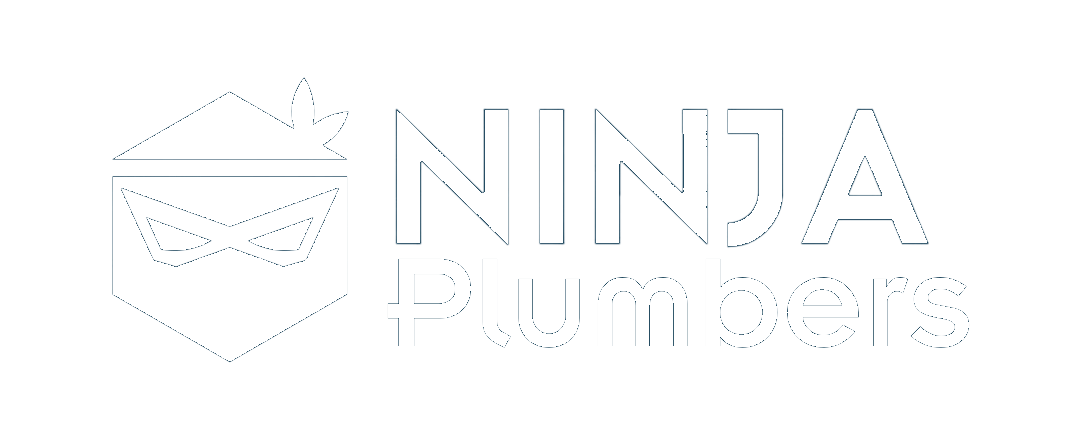Common Causes of Drain Blockages
Before you start fixing a blocked drain, it’s important to understand what causes these issues. Some of the most common culprits include:
- Grease and Fat: Kitchen sinks often get clogged due to oil, fat, and food scraps.
- Hair and Soap Scum: Bathroom sinks and showers collect hair and soap residue, leading to blockages.
- Foreign Objects: Items like wet wipes, cotton buds, and sanitary products can cause severe toilet blockages.
- Tree Roots: Outdoor drains may be affected by growing roots that infiltrate underground pipes.
How to Fix a Blocked Sink
A blocked sink can quickly become a problem if not addressed. Follow these simple steps:
1. Use Boiling Water
Pouring boiling water down the sink can help dissolve grease and soap buildup. However, avoid this method if you have PVC pipes, as it could damage them.
2. Try Baking Soda and Vinegar
A natural solution to minor blockages is:
- Pour half a cup of baking soda down the drain.
- Follow it with one cup of white vinegar.
- Wait 10-15 minutes, then flush with hot water.
3. Use a Plunger
A plunger can help dislodge stubborn blockages. Ensure you:
- Cover the overflow hole with a wet cloth.
- Fill the sink with a little water.
- Plunge vigorously for about 30 seconds.
4. Check the U-Bend
If the blockage persists, unscrew the U-bend pipe under the sink and clean out any trapped debris.
How to Unblock a Toilet
Blocked toilets require immediate attention. Follow these steps:
1. Use a Plunger
A high-quality plunger is the best tool for a clogged toilet. Ensure there’s enough water in the bowl and plunge firmly.
2. Hot Water and Soap
Pour hot (not boiling) water mixed with dish soap into the toilet bowl. Let it sit for a few minutes before flushing.
3. Try a Drain Snake
A drain snake or toilet auger can help remove deep blockages. Insert it into the drain, twist, and pull out the debris.
If none of these methods work, it might be time to call an expert for toilet repair.
How to Clear a Blocked Drain
A slow or completely clogged drain needs immediate attention. Try these techniques:
1. Use a Drain Rod
For outdoor drains, a drain rod can break up blockages. Insert it and twist until the clog clears.
2. Chemical Drain Cleaners
Chemical cleaners can be effective but should be used cautiously. Always follow the manufacturer’s instructions.
3. High-Pressure Water Jet
When to Call a Plumber
While some blockages can be resolved with DIY methods, there are times when you need a
Plumber in London:
- Recurring Blockages: If drains keep clogging, there may be an underlying issue.
- Foul Odours: Persistent bad smells could indicate a deeper blockage or sewer issue.
- Water Backup: If water backs up into other sinks or toilets, it’s time for professional intervention.
- Gurgling Sounds: Strange noises from your pipes could mean trapped air due to a blockage.
What is the Best Way to Clean Your Drains?
The best way to maintain clear drains is by using regular maintenance techniques:
- Flush sinks and drains with hot water weekly.
- Use baking soda and vinegar for natural cleaning.
- Install drain strainers to catch hair and debris.
- Avoid pouring grease, coffee grounds, or food scraps down the sink.
Final Thoughts
Blocked toilets, sinks, and drains can cause inconvenience, but with the right approach, most issues can be resolved at home. If your blockage persists, Ninja Plumbers is here to help with Drain Cleaning in London.
Call the Experts at Ninja Plumbers
Ninja Plumbers provides fast, reliable, and professional plumbing services across London. Whether it's a blocked drain, a toilet repair, or a plumbing emergency, our team is ready 24/7.
